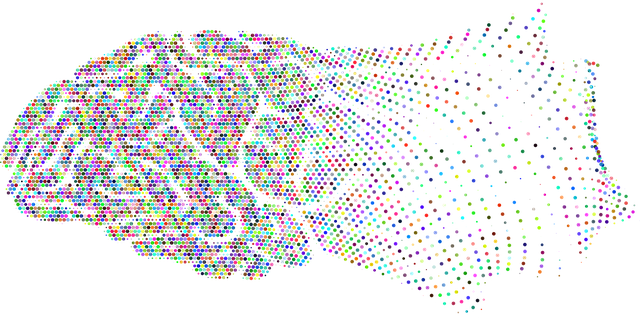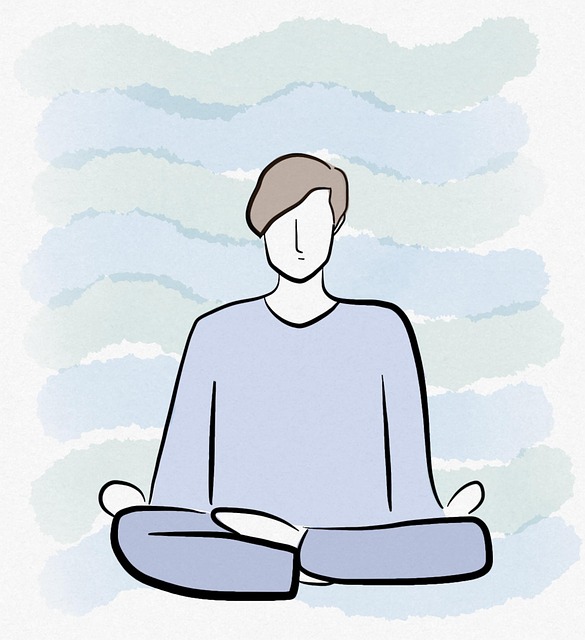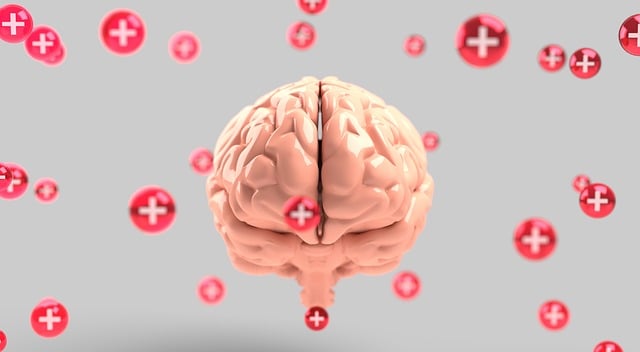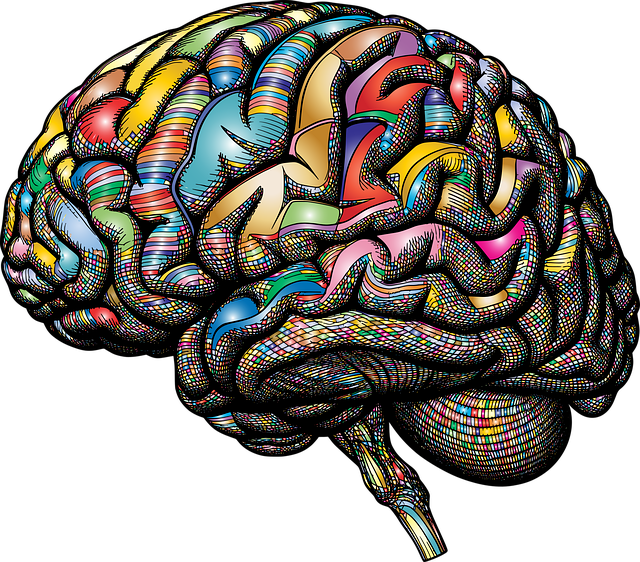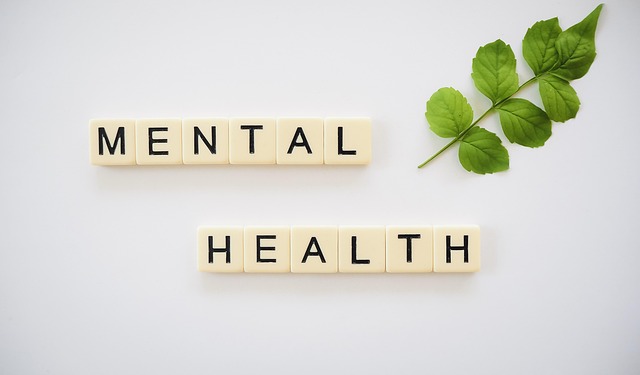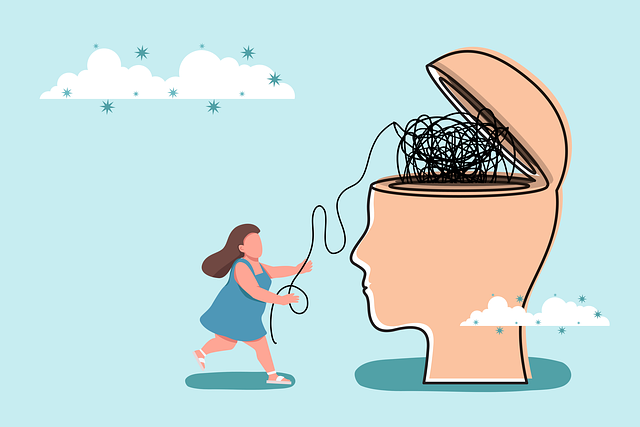Mental health as a spectrum helps demystify diagnoses, with comprehensive guides educating on various mental illnesses, symptoms, and treatment options including play therapy, effective for children and adolescents through non-verbal expression. Integrating mindfulness meditation and self-care strategies alongside traditional therapy promotes holistic well-being during diagnosis and treatment. Cultural competency training ensures personalized care tailored to individual backgrounds and needs. #TherapyForPlayTherapy
Mental illness diagnosis and treatment navigation can be complex, but support is available. This comprehensive guide delves into understanding mental health conditions and exploring therapy options, with a focus on the unique benefits of play therapy. We’ll outline practical steps to navigate treatment effectively, empowering individuals and their loved ones toward recovery. Discover how therapy for play therapy can revolutionize mental wellness journeys.
- Understanding Mental Illness Diagnoses: A Comprehensive Guide
- Unlocking Therapy Options: Play Therapy as a Creative Approach
- Navigating Treatment: Practical Steps for Effective Support and Recovery
Understanding Mental Illness Diagnoses: A Comprehensive Guide

Mental illness diagnoses can be complex and often confusing for individuals seeking help. It’s important to approach this process with empathy and understanding, recognizing that mental health is a spectrum. A comprehensive guide should educate people on the various types of mental illnesses, their symptoms, and the available treatment options. This includes psychotherapy, such as play therapy for children, which focuses on alleviating emotional distress through creative means.
By demystifying diagnoses, individuals can make informed decisions about their mental health care. Incorporating practices like positive thinking, stress management techniques, and mindfulness meditation into daily routines can also complement traditional therapy. These strategies promote self-care and overall well-being while navigating the often-challenging path to a diagnosis and suitable treatment.
Unlocking Therapy Options: Play Therapy as a Creative Approach

Play therapy offers a unique and creative approach to mental health treatment, especially for children and adolescents. This therapeutic method leverages play as a medium to help individuals express their thoughts, feelings, and experiences in a non-verbal way, which can be particularly beneficial for those struggling with mental illness. By engaging in imaginative play scenarios, clients can explore and process complex emotions, past traumas, or stressful life events, thereby unlocking valuable insights into their psychological state.
The effectiveness of play therapy lies in its ability to foster open communication. Through carefully structured activities, therapists can help individuals develop healthier coping mechanisms, enhance self-expression, and improve overall mental well-being. Moreover, play therapy sessions can be tailored to address specific concerns, such as anxiety, depression, or trauma, using age-appropriate techniques that promote engagement and empowerment. Enhancing mental health awareness and providing healthcare provider cultural competency training are essential aspects that support the successful implementation of play therapy as a valuable tool in navigating mental illness diagnosis and treatment.
Navigating Treatment: Practical Steps for Effective Support and Recovery

Navigating treatment for mental illness is a crucial step towards recovery and well-being. The first practical step involves seeking support from qualified healthcare providers who specialize in various therapeutic approaches. Play therapy, for instance, can be immensely beneficial for children and adults alike, offering a creative outlet to express emotions and process traumatic experiences. When choosing a therapist, ensure they have received appropriate training in play therapy techniques.
Additionally, integrating mindfulness meditation practices into daily routines can enhance overall mental resilience. Regular meditation sessions promote relaxation, reduce anxiety symptoms, and foster self-awareness. Moreover, encouraging your healthcare provider to undergo cultural competency training ensures that you receive care tailored to your unique background and needs. This holistic approach combines therapeutic interventions with self-care strategies for a comprehensive path towards recovery.
In navigating mental illness diagnoses and treatment, understanding comprehensive guides and exploring creative approaches like play therapy can significantly enhance support and recovery. By taking practical steps and embracing diverse therapy options, such as play therapy for children or adults, individuals can find effective paths to healing and improved well-being. These strategies ensure a more empowered and successful journey towards mental health recovery.
